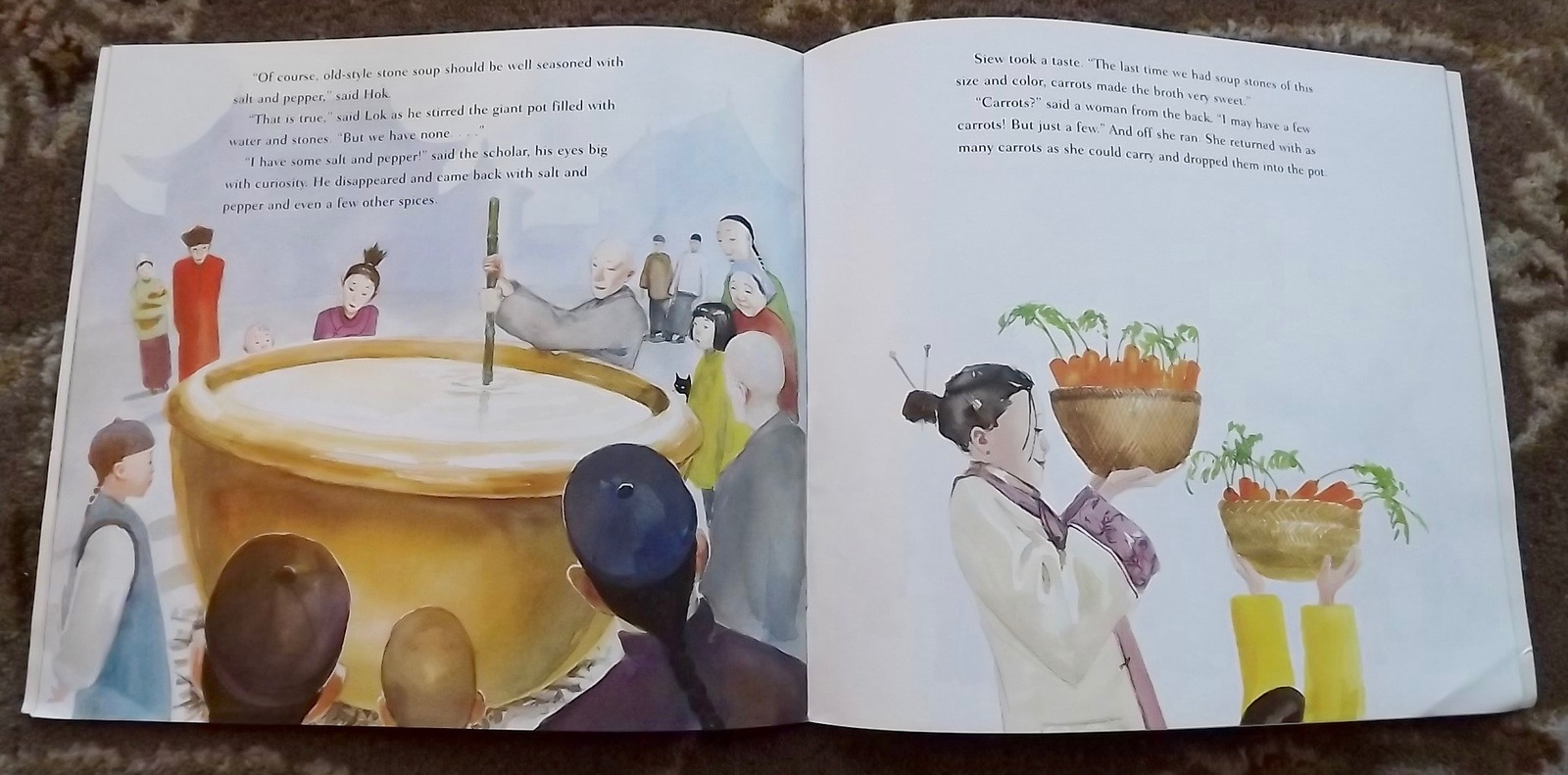

The most important one is always the one you are with. As Leo explains, "There is only one important time, and that time is now. While there, he helps Leo with his garden and rescues an injured panda and her cub, and in so doing, finds the answers he seeks. He visits Leo, an old turtle who lives in the mountains.

Yearning to be a good person, Nikolai asks, "When is the best time to do things? Who is the most important one? What is the right thing to do?" Sonya the heron, Gogol the monkey and Pushkin the dog offer their opinions, but their answers do not satisfy Nikolai. You come away with a really positive feeling after reading this book. Despite there being a clear moral in the story, the quest is gently shown by Muth’s own soft watercolor illustrations and quietly humorous text, and you get no sense of any preaching of a message.Īs a writer I love the use of three questions and three friends in this story.Muth ( Come On, Rain!) recasts a short story by Tolstoy into picture-book format, substituting a boy and his animal friends for the czar and his human companions. This is clearly the sort of story that would provoke great discussion with a child in a very uncontrived way. And the most important thing is to do good for the one who is standing at your side.”Īn afterword describes Tolstoy and his work. Leo explains “There is only one important time, and that time is now. The boy helps Leo with his garden and rescues an injured panda and her cub, and in so doing, finds the answers he seeks. His friends–a heron, a monkey, and a dog–try to help, but to no avail, so he asks Leo, the wise old turtle who lives in the mountains. Muth transforms Tolstoy’s philosophical Tzar story into one for children by turning the protagonist into a young boy and having all the friends as dreamy animals. “If only I could find he answers to my three questions,” Nikolai continued, ” then I would always know what to do.īased on a short story by Tolstoy, this book tells of the search of a small boy for the answers to three questions he believes will help him live uprightly in the world. “But I don’t always know the way to do that.” Nikolai’s friends understood and they wanted to help him. “I want to be a good person,” he told his friends. There once was a boy named Nikolai who sometimes felt uncertain about the right way to act. Themes: Wisdom, compassion, life’s lessons, friendship The Three Questions Based on a Story by Leo Tolstoy


 0 kommentar(er)
0 kommentar(er)
